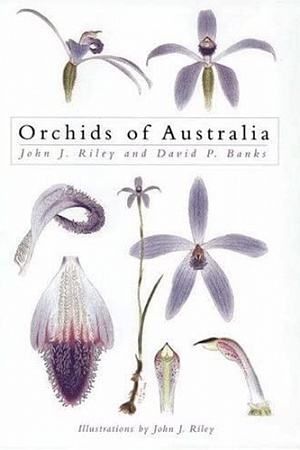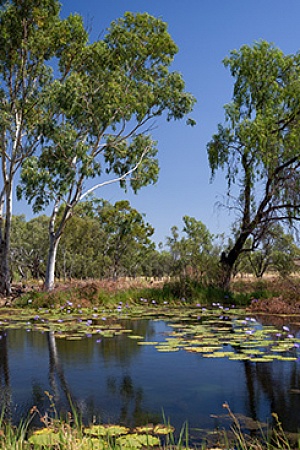Living with the Anthropocene: Love, loss and hope in the face of the environmental crisis
NewSouth, $34.99 pb, 384 pp
‘A world of wounds’
Last month I was volunteering with a group of botanists surveying coastal heathland in the Tarkine Forest Reserve in North-West Tasmania when one of them cried out, ‘Orchid!’ We all rushed over excitedly, our phones and pocket magnifiers at the ready. It was a Green-comb Spider-orchid (Caladenia dilatata), with long, delicate-green limbs and a reddish-purply face, hovering like a ballet dancer in mid-leap. The first thing that astonished me was how tiny it was – no bigger than a human eye – and then, how solitary. Like many orchids, C. dilatata uses sexual deception to mimic the shape of a female wasp; when males attempt to mate with it, they accidentally collect pollen, fertilising the next orchid they visit. Millions of seeds scatter on the wind, but only a few will land on a sunny patch of soil where the correct mycorrhizal fungus is present for it to germinate. Given the myriad chance events needed to complete this symbiotic dance between plant, insect, and fungus, it’s remarkable there are any orchids at all. A fractional two-week shift between the plant blooming and the pollinating insect developing to maturity can threaten an entire species.
Continue reading for only $10 per month. Subscribe and gain full access to Australian Book Review. Already a subscriber? Sign in. If you need assistance, feel free to contact us.















Leave a comment
If you are an ABR subscriber, you will need to sign in to post a comment.
If you have forgotten your sign in details, or if you receive an error message when trying to submit your comment, please email your comment (and the name of the article to which it relates) to ABR Comments. We will review your comment and, subject to approval, we will post it under your name.
Please note that all comments must be approved by ABR and comply with our Terms & Conditions.